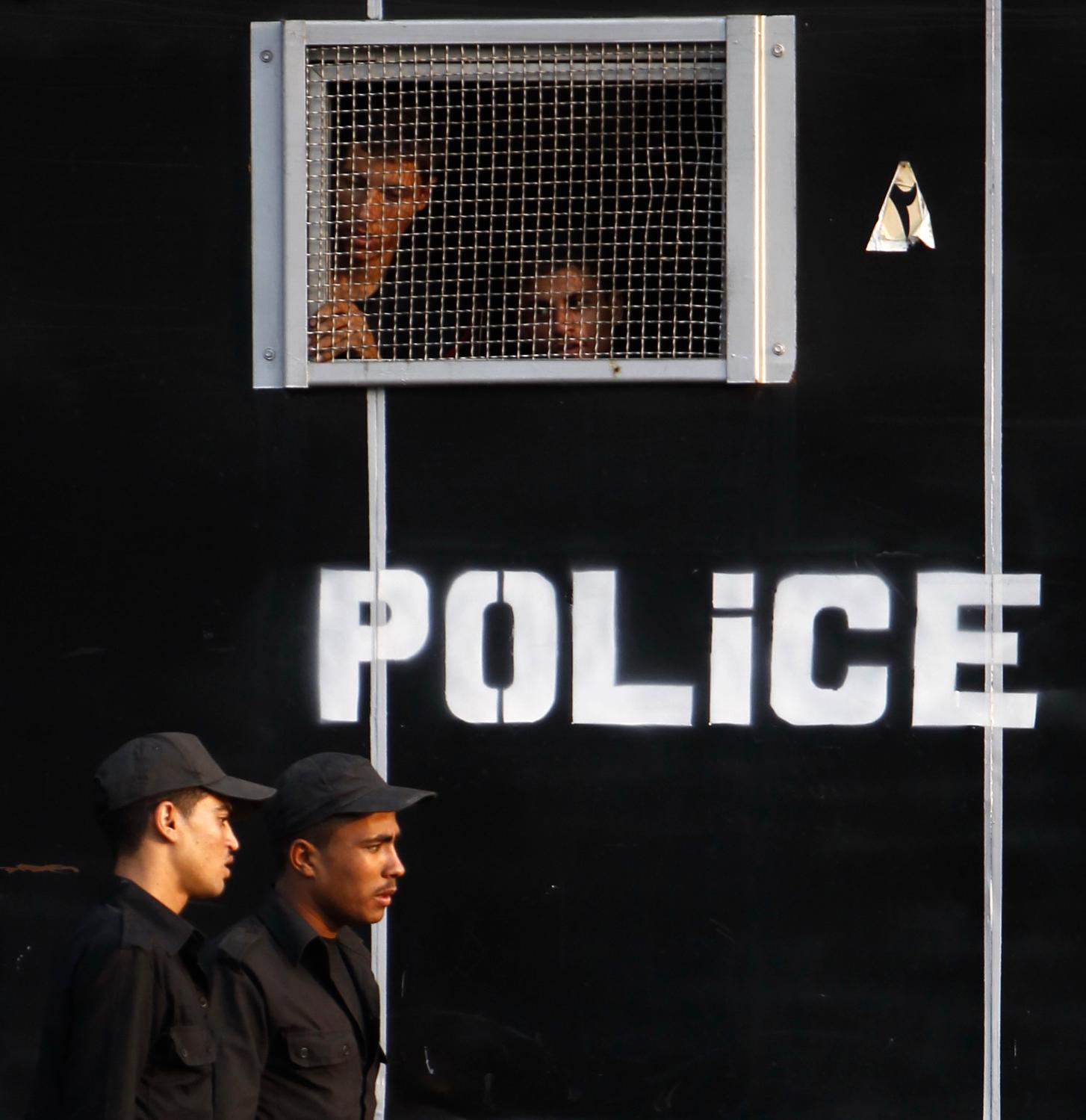Content from the Brookings Doha Center is now archived. In September 2021, after 14 years of impactful partnership, Brookings and the Brookings Doha Center announced that they were ending their affiliation. The Brookings Doha Center is now the Middle East Council on Global Affairs, a separate public policy institution based in Qatar.
After decades of abuse under the old regime, how can the civilian government of President Mohamed Morsi turn Egypt’s security apparatus into one befitting a new democracy? What are the necessary steps in overcoming institutional barriers to reform and creating an Egyptian police force in the service of its citizens?
In a new “Project on Arab Transitions” paper from the Brookings Doha Center and Stanford University’s Center on Democracy, Development, and the Rule of Law (CDDRL), From Good Cop to Bad Cop: The Challenge of Security Sector Reform in Egypt, nonresident fellow Omar Ashour discusses the political dynamics of transforming Egypt’s security establishment.
Based on months of interviews with current and former officers and generals in the police, army, and intelligence services, Ashour lays out the workings of the Mubarak regime’s repressive security apparatus and assesses current reform initiatives, drawing on lessons from other transitions in the Arab world and beyond. He offers a set of policy proposals for establishing an accountable, civilian-led security sector, ranging from a presidential commission on reform to new oversight mechanisms. Ashour cites the brutality and abuse of Egypt’s police as a key catalyst of the January 25 Revolution; the success of that revolution, he says, will hinge on effective security sector reform.



